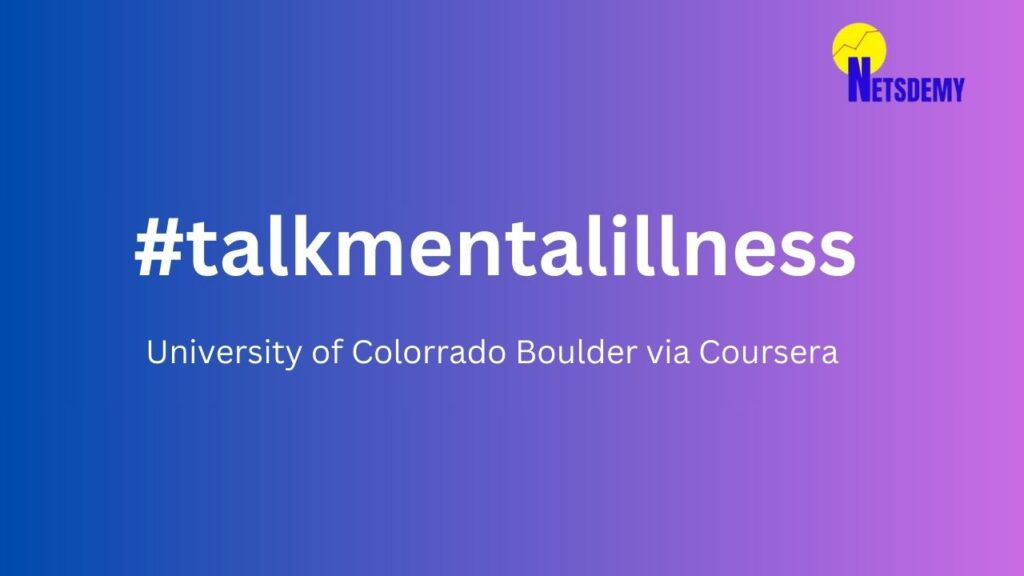
talkmentalillness
In this course, you’ll learn talkmentalillness and how people view it. You’ll understand mental illnesses better and how to talk about them without judging. You’ll also learn about different mental health problems and how they can be treated. The course will show you how racism and unfair treatment can affect mental health.
I am a professor, mental health researcher, and educator with over 15 years of experience in the field. Despite my tenure, like many peers, I was caught off guard by the surge in mental health challenges our society faced in 2020. From the impacts of COVID-19 to social justice movements and natural disasters, our current cultural landscape presents unprecedented mental health concerns, particularly for marginalized groups. To address this, I spearheaded a call to action for mental health research and treatment, leading to the creation of the #TalkMentalIllness course.
Through this initiative, I engaged with over 30 experts across various domains in psychology to discuss the causes, treatments, stigma, and systemic inequalities surrounding mental illness today. #talkmentalillness synthesizes these interviews into an accessible learning experience, empowering you to initiate conversations about mental health. This course will equip you with insights from expert interviews, empowering you to have meaningful discussions about mental health challenges and treatments with family, friends, colleagues, and others in your life.
We’ll start by establishing foundational definitions of talkmentalillness and examining associated stigma. Then, we’ll delve into specific disorders like anxiety, mood disorders, eating disorders, suicide, substance use, and psychosis, with a focus on their disproportionate impact on marginalized communities. The course will conclude by exploring innovative psychological treatments and the role of happiness in mental wellness.
As part of a broader educational effort, this course aims to share the science of mental illness locally and globally. It was developed in collaboration with the Office for Academic Innovation and Libraries’ Media Services Team at the University of Colorado Boulder, reflecting our commitment to mental health literacy and advocacy. – June Gruber
Course Outline
1: Understanding Public Perceptions of Mental Illness
- Explore public perceptions and stigma related to mental illness
- Hear insights from leading figures like Temple Grandin, Kay Redfield Jamison, and others
2: Specific Psychological Disorders
- Gain insights into various psychological disorders from experts like Greg Siegle, Linda Craighead, and more
- Optional interviews cover additional topics like personality disorders and depression
3: Serious Mental Illness
- Delve into severe mental illnesses including suicide, schizophrenia, substance abuse, and psychopathy
- Learn from experts like Matthew Nock, Lara Ray, and Abigail Marsh
- Optional interviews offer further insights into severe mental illness and suicide prevention
4: Disproportionate Impacts on Marginalized Communities
- Examine how mental illness affects marginalized groups, communities of color, vulnerable youth, and families
- Hear from specialists like Steven Lopez, Lauren Ng, April Thames, and Kate McLaughlin
- Optional interviews cover topics such as family systems and stress-related risk factors
5: Evidence-based Approaches to Treatments & the Science of Happiness
- Explore evidence-based treatments and the science of happiness in mental health
- Interviews with experts like Laurie Santos, Dacher Keltner, Jacqueline Persons, and Thomas Insel
- Optional interviews delve into emotion regulation, cutting-edge depression treatments, and cognitive therapy for anxiety
- Conclude the course with a final project
